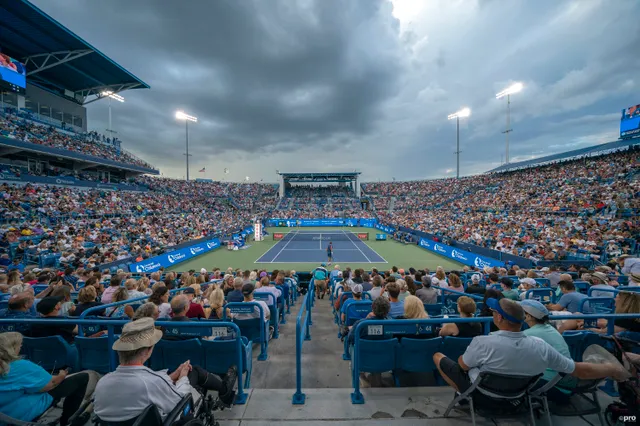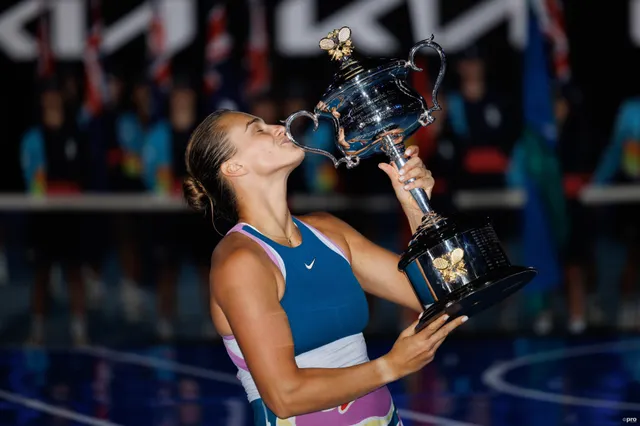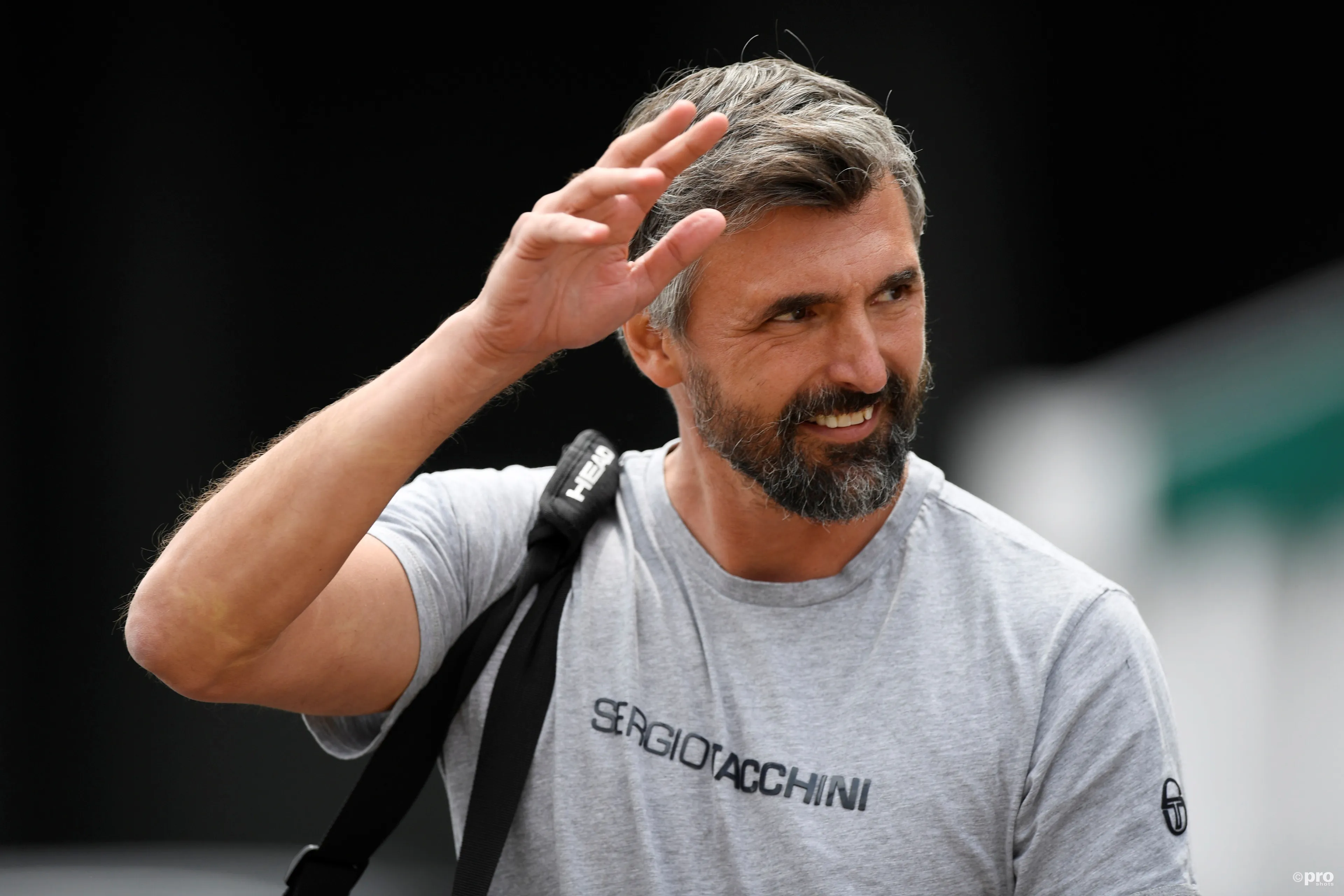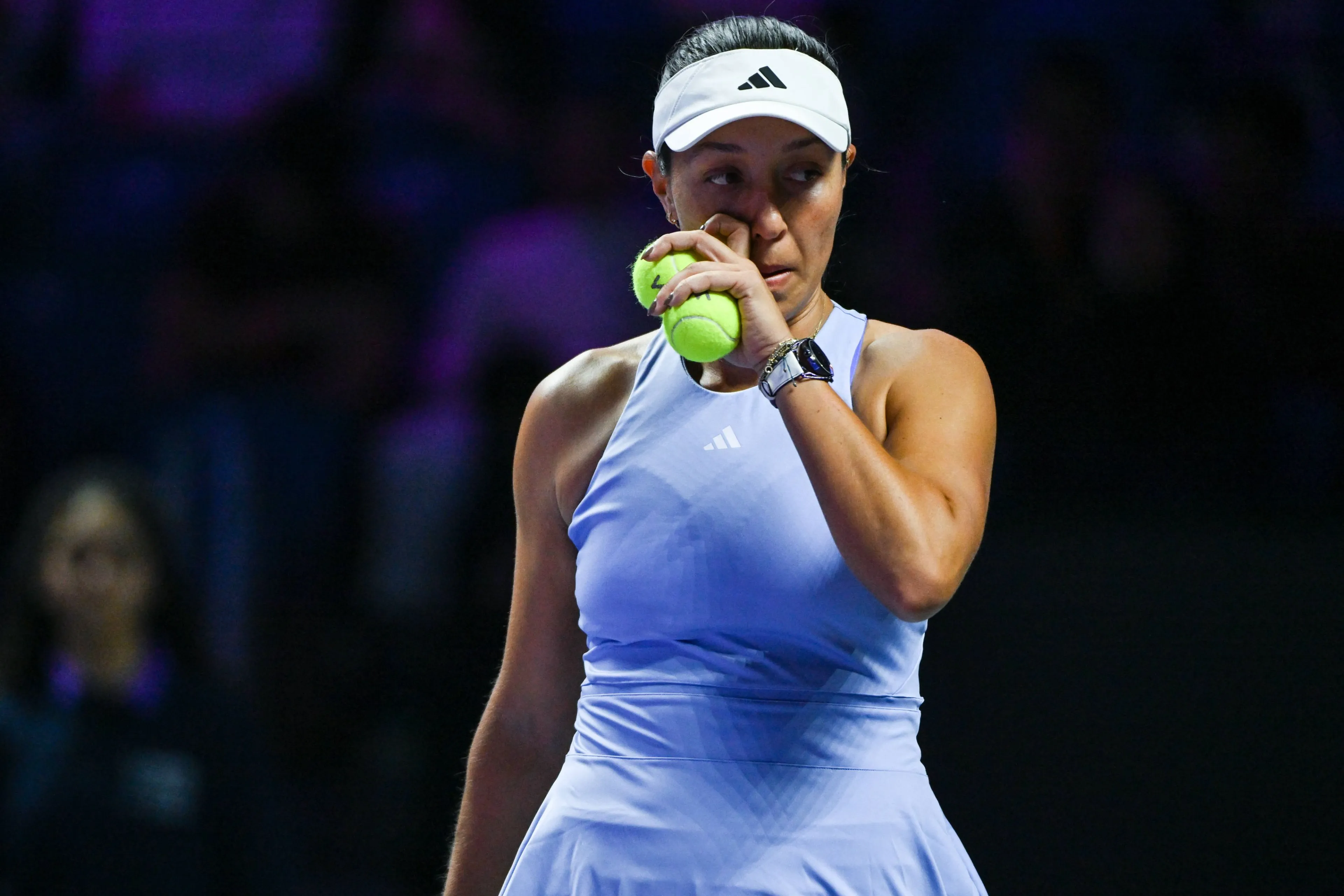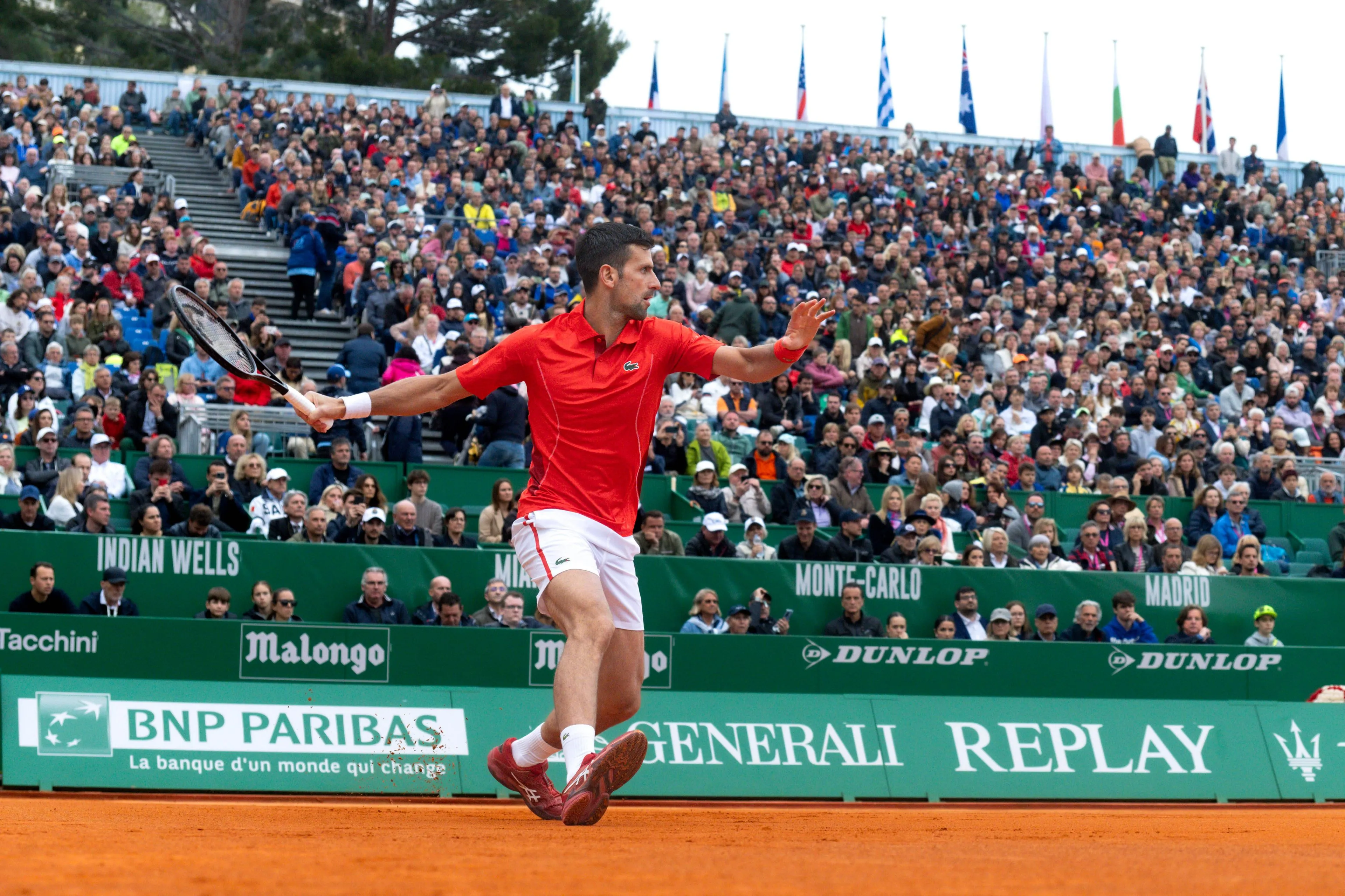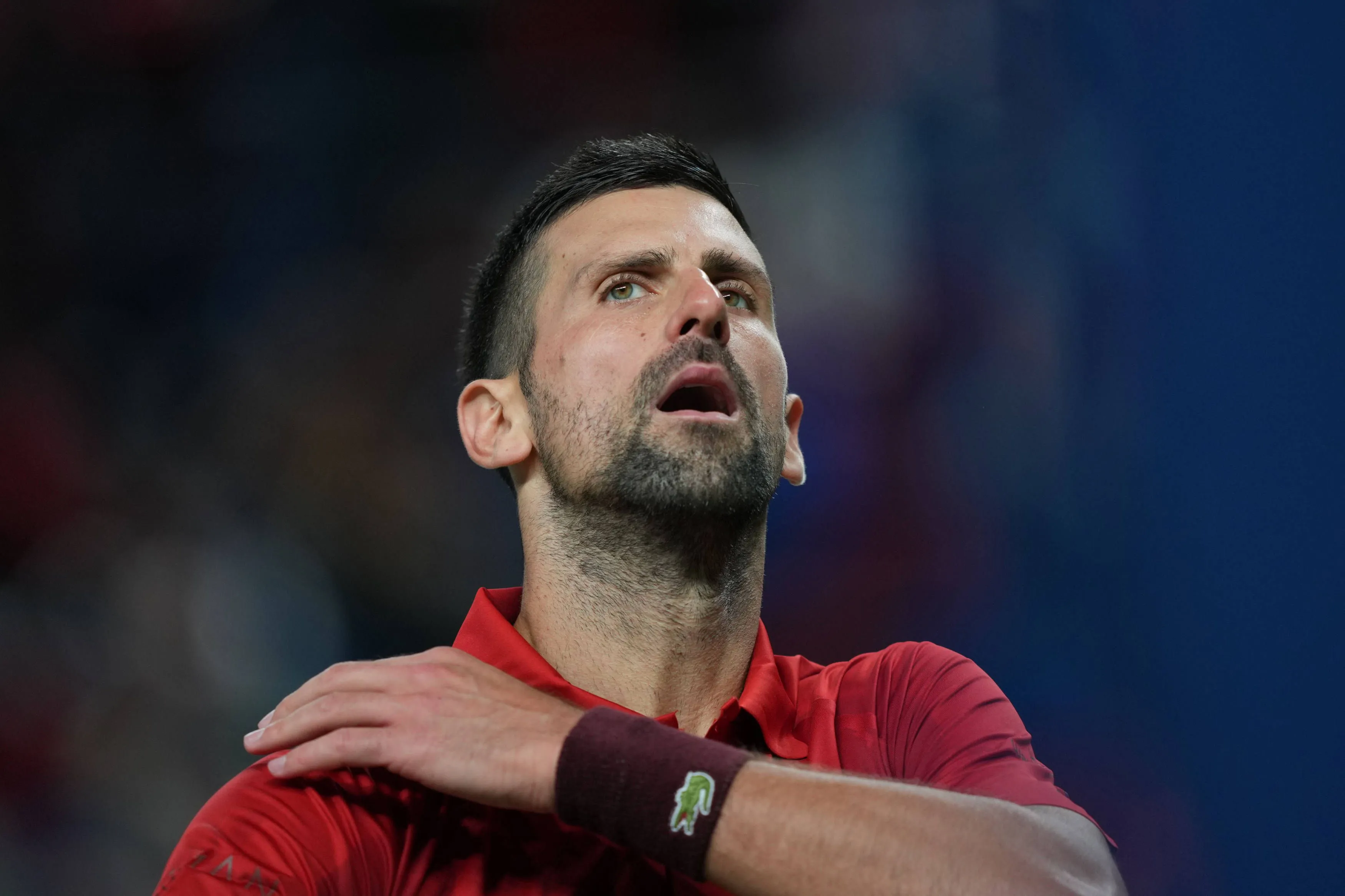"But it does need to change its time between points": Former coach of Andy Murray doesn't believe scheduling needs changing and offers solution
ATP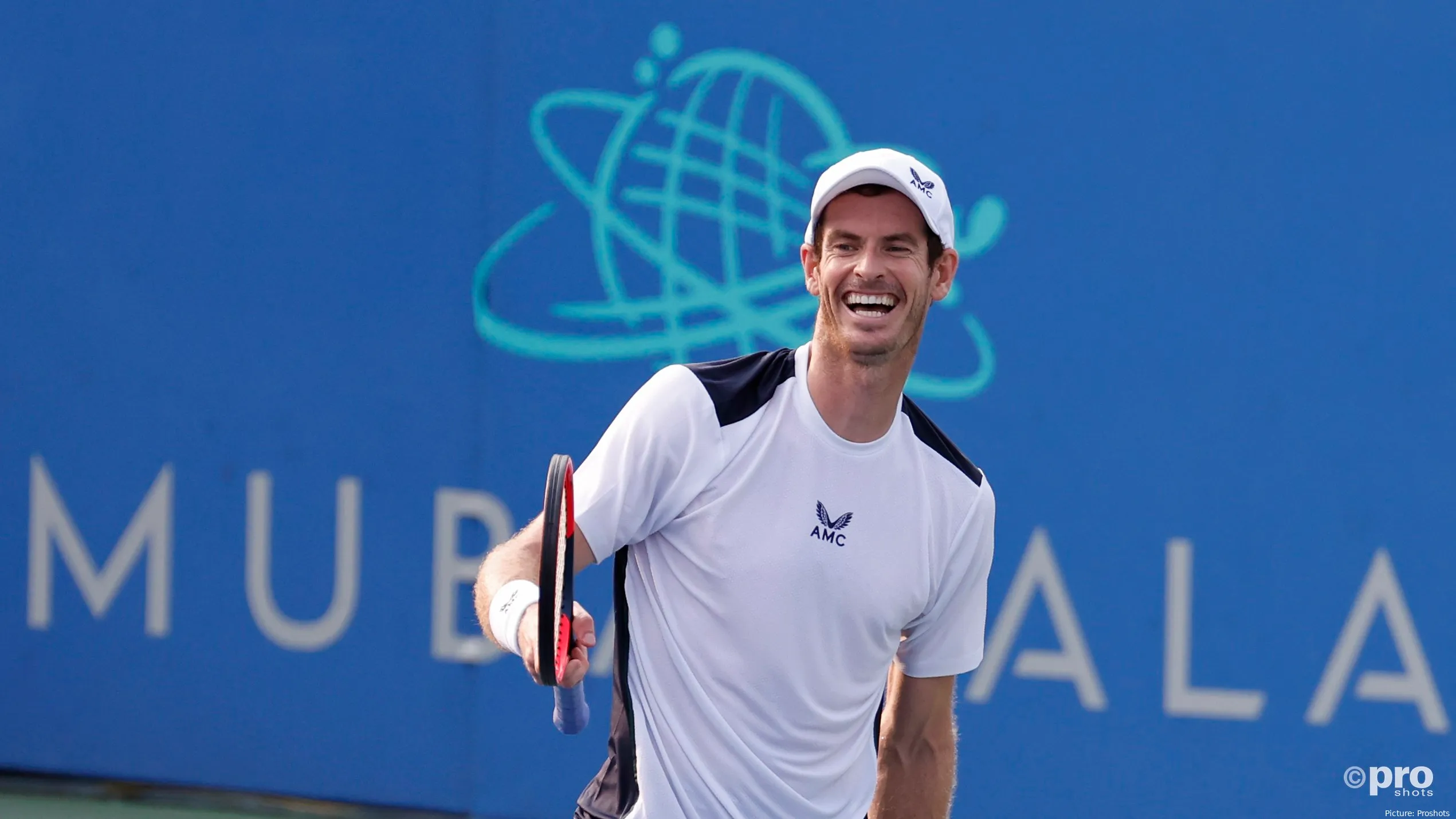
Mark Petchey, former coach of Andy Murray, shared his thoughts on possible solutions to the scheduling issues on the ATP and WTA tours.
After the Canadian Open and amid the Cincinnati Open, several players have criticized the scheduling of nighttime matches. Tennis player Elena Rybakina experienced the consequences in Canada, where she finished a match close to 3 a.m. and then played the semifinal the next morning.
Furthermore, the tournament featured semifinals and finals on the same day. This week, the 2022 Wimbledon champion retired during the round of 16 match against Jasmine Paolini due to physical discomfort. Adding to Rybakina's criticism, Iga Swiatek also expressed her disagreement with matches being scheduled into the early hours of the morning.
Former coach of Andy Murray, Mark Petchey, proposed a solution to the problem by suggesting shorter intervals between serves to reduce the overall match duration:
"Tennis doesn’t need to change the schedule but it does need to change its time between points, also known as “dead air,” Petchey said.
"Even, if you allow extra recovery time for the 9 plus points of 30 seconds, of which there were 38 [in the Rublev-Ruusuvuori match], you would have an extra 4 minutes of dead air but overall you would save 22 minutes a match and more in the men’s 5 setters obviously. Cumulatively, over the day, this would have a massive impact in not having so many late nights in tennis," he added.
The controversy over nighttime matches has been ongoing for some time, and former world No. 1 Andy Murray experienced it firsthand at the 2023 Australian Open. In that tournament, he faced Thanasi Kokkinakis in the second round, and the match ended with a dramatic comeback by Murray, resulting in a score of 4-6, 6-7, 7-6, 6-3, 7-5.
The match concluded close to 4 a.m. after nearly six hours of intense play. As a result, Murray struggled with physical recovery and eventually fell in the third round against Spanish player Roberto Bautista Agut.
Just In
Popular News
Latest Comments
- Very funny...SakkariFan2310-04-2025
- Tend to agree with the predicament of Djoko here...SakkariFan2310-04-2025
- Shame for Draper, more practice needed on the dirt it seems!SakkariFan2310-04-2025
- Good level from Carlos without playing spectacular, bigger tests to come...SakkariFan2310-04-2025
- Blame WTA's ridiculously hectic scheduling for all the withdrawals from BJK. Perhaps one day BJK herself will stand-up for the WTA players in their battles with WTA.
 mandoist10-04-2025
mandoist10-04-2025 - Sort of ironic -- and deserving -- the BJK Cup is being passed over by top players due to hectic (ridiculous) scheduling. Ironic because BJK herself has avoided supporting the players in any of the legitimate issues they have been bringing to WTA with little-to-no success.
 mandoist10-04-2025
mandoist10-04-2025 - TabiGod!! Great player, hope he can get some confidence after this
 TeamHalep2410-04-2025
TeamHalep2410-04-2025 - "Influencer" = Trust Funders with no viable skill set.
 mandoist09-04-2025
mandoist09-04-2025 - At their peak, influencers start paying Google, rank even higher, and hit repeat. The cycle starts feeding itself. And Google..MrAndreeva08-04-2025
- I agree.MrAndreeva08-04-2025
